This project, the play, “American Moor,” began as most creative endeavors in my life do: as resistance. I had always resisted the idea of doing a solo show. It seemed to be the sort of thing that came up in discussion every time an actor was talking about the things that weren’t going on in his/her career. Someone would inevitably say, “Why don’t you write a solo show?” And I always thought that having nothing better to do was never a good reason to do anything. Many of the solo shows that I had seen were one of two things, either extremely self-indulgent, or dependent upon the type of strong character work that was not my skill set (think Anna Deavere Smith). I didn’t think that I had a strong shot at creating one of either variety and being happy with myself. And what was more, I just didn’t want to do one. Acting had always been an ensemble endeavor. One did it in conjunction with others, in a scene, whether on film or on a stage. And for me, acting stories still abound about creative interactions with others, some joyous, others not so much, that paint the portrait of my professional life. Standing up there alone seemed to scream “Look at me! Please!! Just look at me!” I don’t think I ever entered into the industry to have people look at me, although that is sometimes how it turned out. If this thing we do is, as Shakespeare says, about “holding the mirror up to nature,” and if nature is more a series of interactions than a look at any one being unto themselves, then I feel as though I’ve always been there as a piece of some larger ensemble, and not really a value alone without the other elements conspiring with me to present a living moment. This is heady shit, I know. I’ll just move on.
It started simply. I was auditioning for the role of Oberon in a production of “A Midsummer Night’s Dream,” a casting that makes perfect sense if you know anything about the play or me. The young director on the other side of the table had no shortage of things to say about his concept, and what he wanted to see in the role of Oberon, the faerie king, and his interaction with Titania, the faerie queen. But he had cut nearly everything out of the audition material that would have allowed me to show him any of what he had said he wanted to see. Oh, and what was more, the reader enacting the role of Titania was a 60 plus year old man! The director didn’t know me. He didn’t know my work. I stood in the middle of that studio floor a complete unknown tasked with showing a complete stranger that I was who he wanted, what he wanted, and all with about three minutes or less to do it in… There’s more to that story, but why wallow in the absurdity?
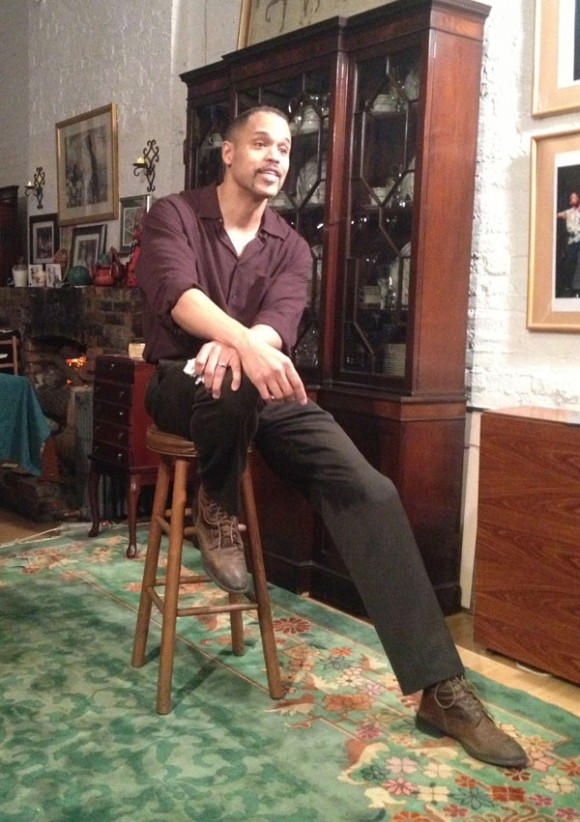
The upshot is that in the wake of that audition I began to think about how we are all always auditioning for the role of ourselves, or for the role that someone expects of us. So much of American culture is predicated on the idea of selling one’s self. And what if the role that one expects you to play is neither remotely who you are, nor who someone’s erroneous notions seek to make you? What if you can’t be seen because the person looking is far too busy trying to picture you as who they would most like you to be for their purpose?
So, when I began to write, it was this interaction that I was writing about. In that respect, I guess I didn’t really write a solo show at all, but a two person play with the second, unseen person representing everyone else; the omnipresent voice of the culture (replete with all its cultural expectations) that we have all made some tacit agreement to answer to whether we are aware that we made it or not. “American Moor” has evolved from there. My colleague, New York director/producer/filmmaker Brent Buell, urged me to begin this project, and it was in creative collaboration with him, and under his direction that it had its first reading in March of 2013. Since then, it seems to have taken on relevances impacting a much more diverse audience than I had originally imagined it might. I suppose this speaks to the commonality of this human dilemma, if that’s not blowing my own horn too much…
My note in the program for the second public performance said the following, and I think it is still at the root of the play:
“I had always thought that no one saw me. But, as I have regularly been admonished over these older years, “Everything is not all about you.” This is a difficult realization for an actor to make. But I think it is equally difficult for humans as well. I hope that this will not be the extent of my maturing awareness. But it’s a place to start.”
Funny, I think, that a guy who was resisting saying “Look at me!” would write a piece about needing to be seen…


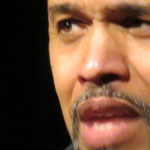

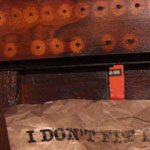

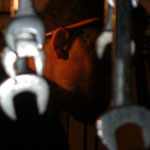


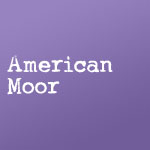
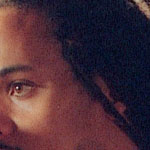



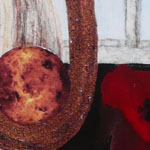
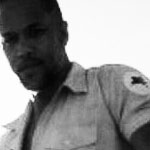

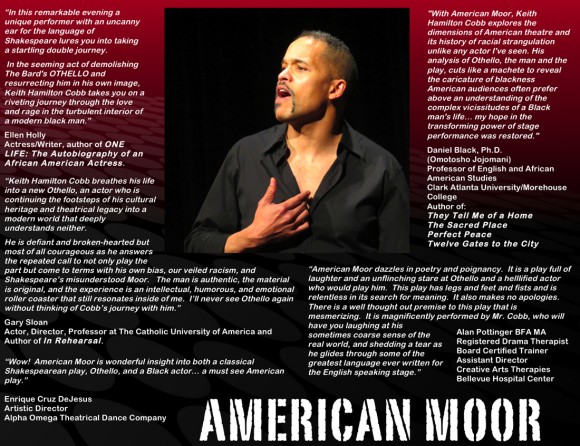
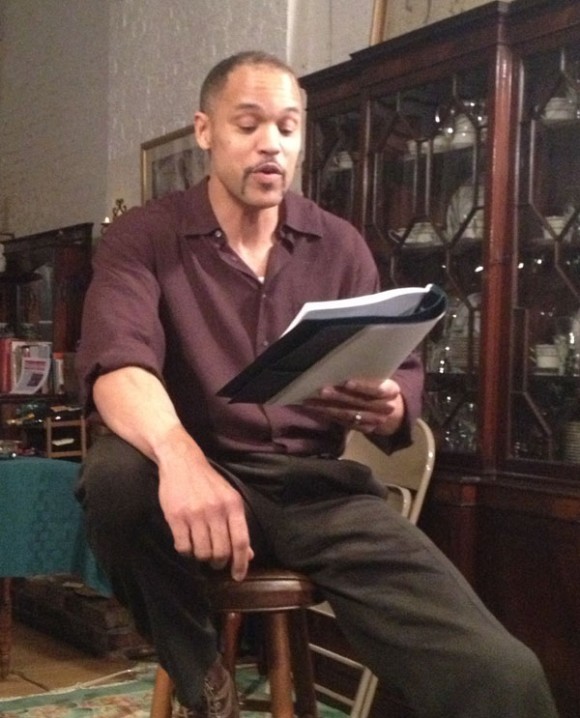
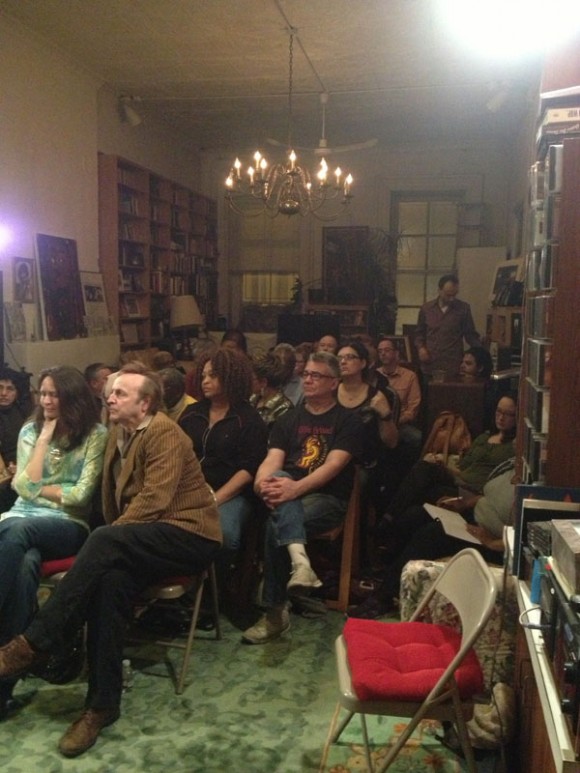
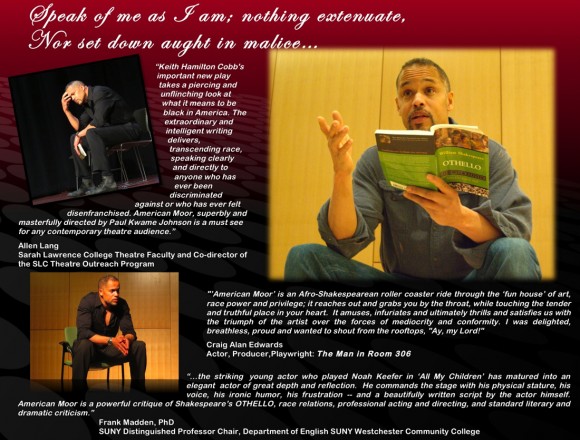
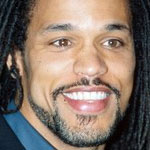
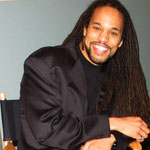
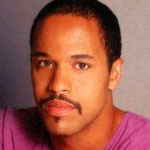
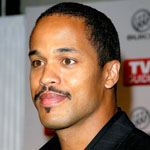
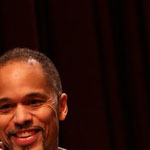

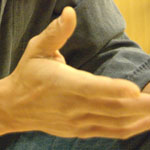
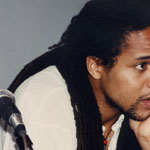
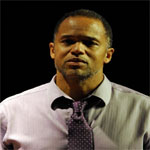
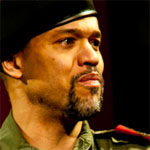
Pingback: Monday Night Moor | Keith Hamilton Cobb
Hi Keith, goodluck with the show! I hate to miss it but i’ll tell all of my NJ friends to check it out. Sounds great!
Su Ellyn Wyatt
Seamstress Extraordinaire!
Charlotte, NC